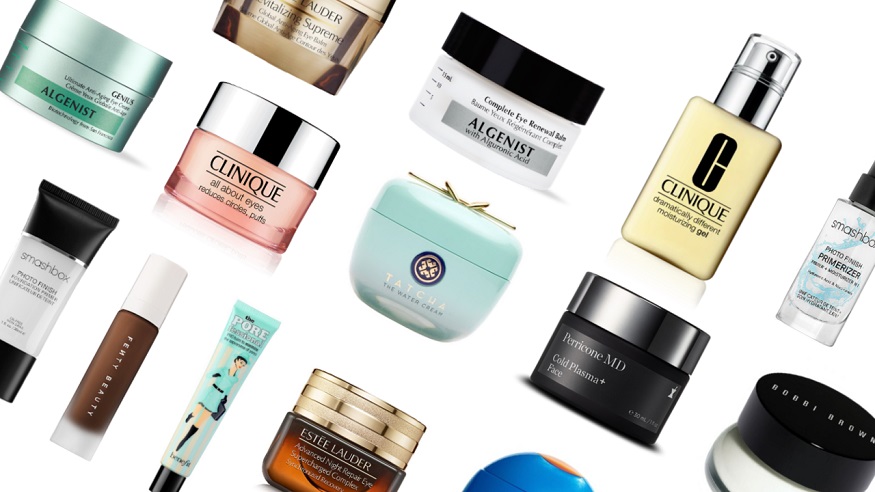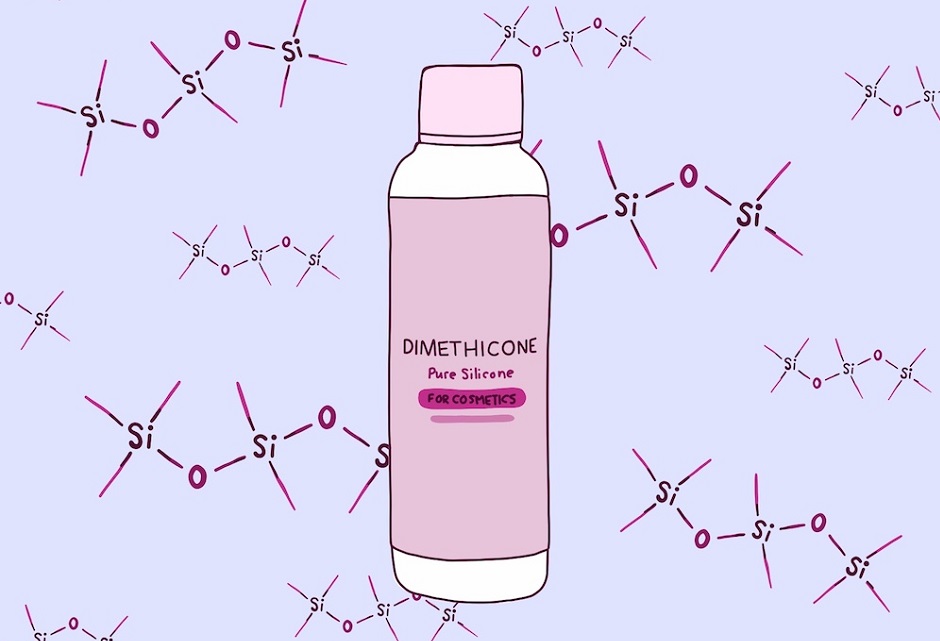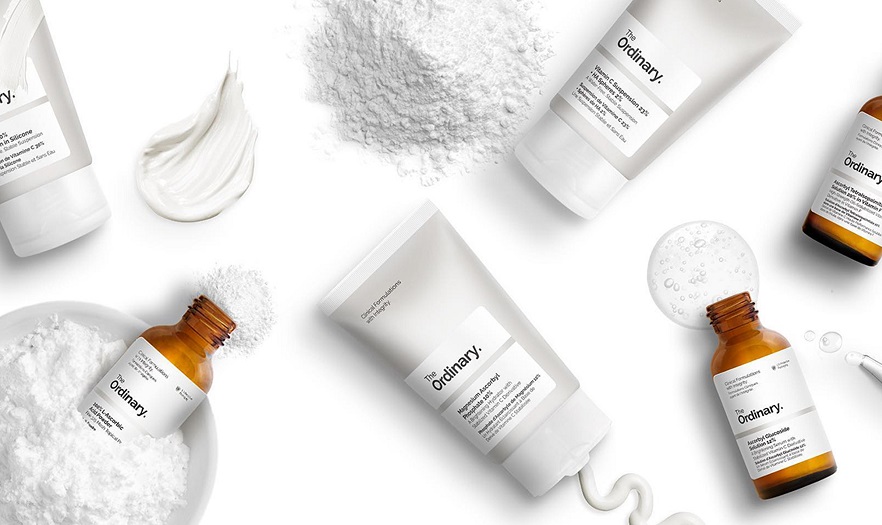Everything about silicone in skincare and silicon based make-up
- Published in: Skincare Cosmetics
- Permalink

There are various types of silicones utilized in cosmetic products, especially leave-on healthy skin items and all way of hair-care items. Maybe the most widely recognized types of silicone in skincare are Cyclopentasiloxane and cyclohexasiloxane.
Know about silicone
Silicone is a substance gotten from silica (sand is silica). The unique liquid properties of silicone give it a lot of slip, and in its different structures, it can feel like silk on the skin, give emolliency, and be a water-restricting operator that holds up well, notwithstanding when skin winds up wet.
Silicone acne
Claims that silicones in any form cause or worsen acne inflammation have not been substantiated in distributed research, nor have reports that silicones are bothering or irritate in the skin.
Practically these cases are either fantasies or dependent on anecdotal evidence, which isn’t the most ideal approach to decide the wellbeing or adequacy of any cosmetic ingredient. But still, silicone is bad for your skin as it causes acne.
 Does silicone bad for your skin?
Does silicone bad for your skin?
Silicones based makeup is a culprit behind congested skin. Silicones are prolonged exposure to oil, bacteria, and dead skin and pores underneath the semi-occlusive seal of silicones can lead to increased breakouts.
How would we realize that silicone is bad for your skin? Due to their molecular properties, they are simultaneously permeable and impervious to air. If you are acne-prone, the most important ingredients to avoid are the use of silicon.
Silicones can likewise be a culprit in under the skin primer clog pores regardless of whether you don’t develop out skin break out.
Does silicone clog pores?
Curiously, silicone has been demonstrated to be useful for counterbalancing dryness and chipping from common anti-acne of skin inflammation such as benzoyl peroxide and topical antibiotics.
Perhaps the most explaining reason why silicones do not clog pores and cause acne is because silicone is a volatile substance. That implies their first viscous texture that evaporates rapidly and does not penetrate the pore lining where acne is formed.
Rather, they help guarantee an even utilization of different ingredients and leave behind a silky, almost imperceptible feel that observably enhances the skin’s surface and appearance. You can think about this as a breathable obstruction that secures skin while scarcely being felt.
Silicones make-up results in your Skin Dull and Dehydrated
Silicone primers could be clogging your pores but manifesting as dryness and dullness rather than skin inflammation. Using silicon-based makeup is a highly-risky factor. In addition to that, silicones prevent extra dampness from getting in.
Yet the affected materials can get dried out your pores and distract your skin’s natural regulatory processes off-balance. The outcome is your skin turns out to be less ready to shed dead layers and hydrate itself.

